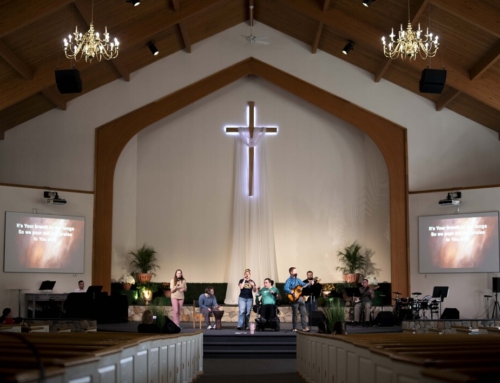How to Support a Family Living with Disability as a Church
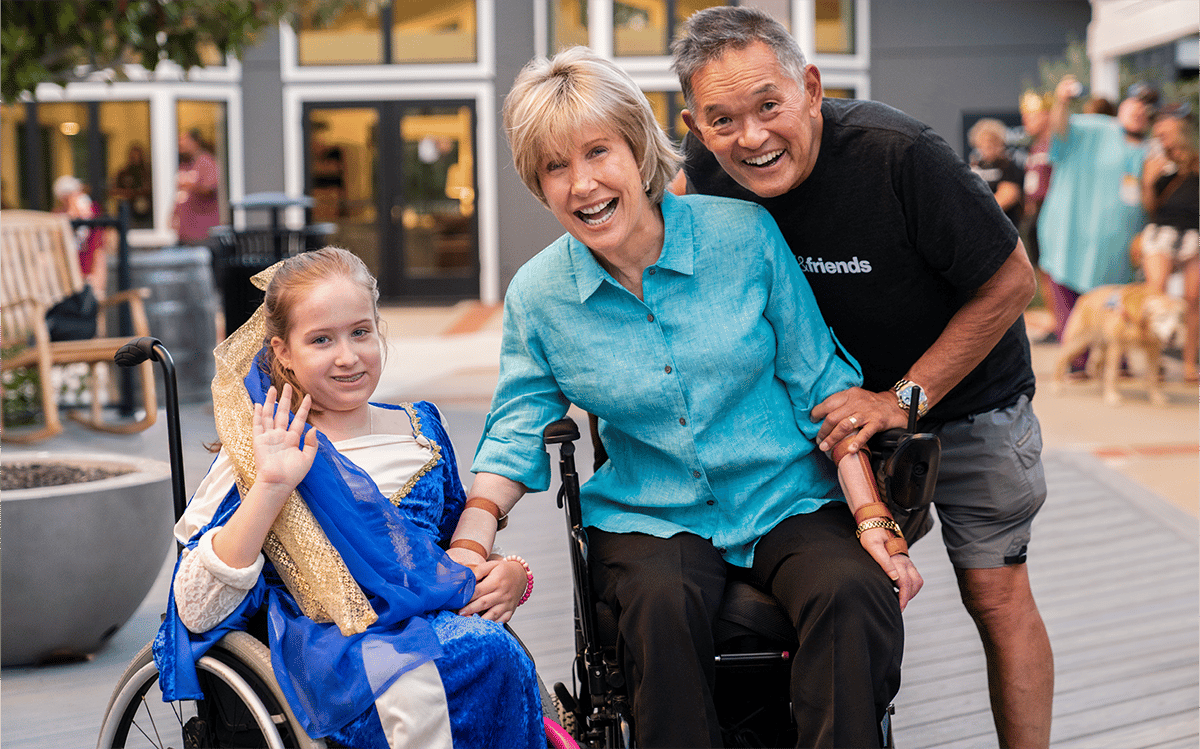
People often ask why Joni and Friends uses phrases like “people living with disability” instead of simply saying “people with disabilities.”
The answer is an often-overlooked reality: Disability impacts more people than just those who are disabled!
No two stories about the impact of a disability are identical, so how a church supports a family will be specific to their needs and circumstances. By listening carefully as people share their unique experiences, you will usually hear five common threads running through their stories.
Diagnosis
“I don’t care if it’s a boy or a girl; as long as the baby is healthy, I’m happy!”
Have you ever heard something along those lines? It’s not necessarily a bad sentiment, but this perspective often leaves parents unprepared for news that their child is going to be less than “healthy.”
Whether it happens in the womb or after birth, the expectations, anticipation, and dreams for their child change in an instant when a doctor gives an unexpected diagnosis.
For a mom’s perspective on this, check out the Joni and Friends Podcast, An Unexpected Diagnosis: Moving from Fear to Hope, with Shauna Amick.
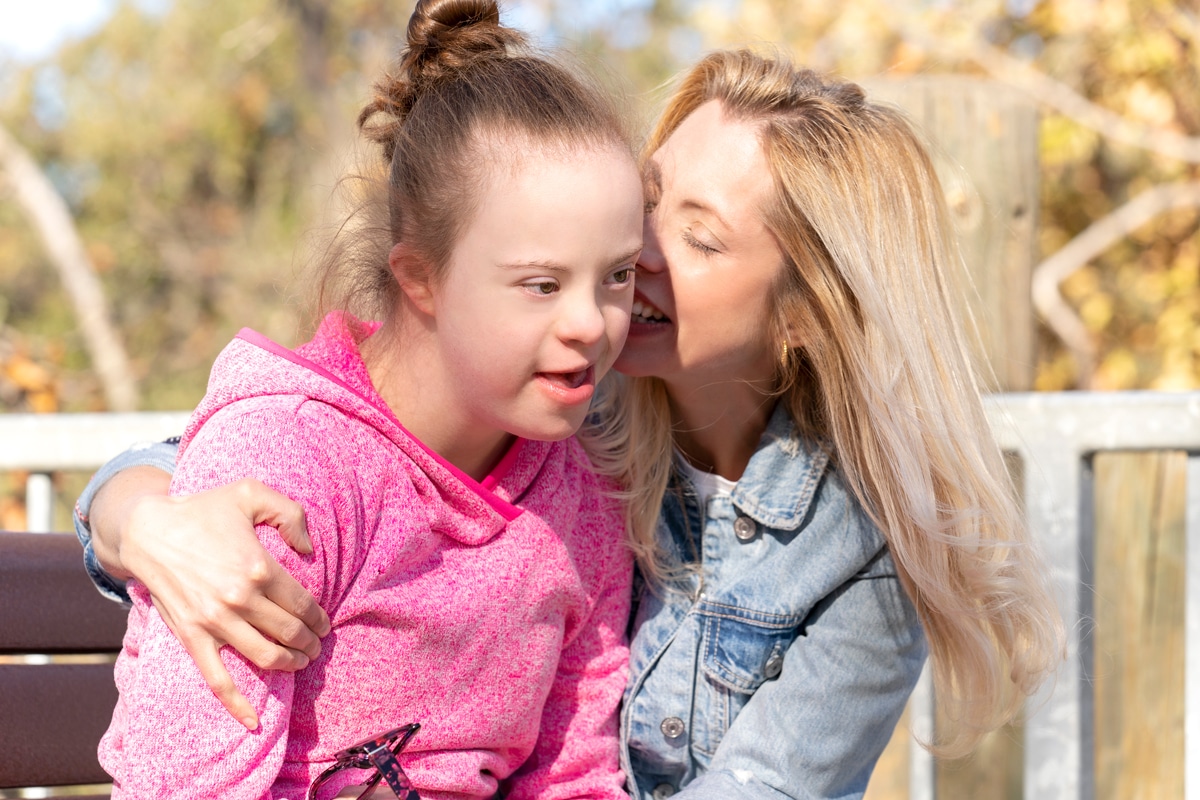

On the other hand, a diagnosis received later in life may bring clarity to challenges that never made sense. Someone diagnosed with autism later in life may better understand their past life experiences.
For a firsthand account of a pastor diagnosed with autism at age 36, check out the introduction to Disability and the Church: A Vision for Diversity and Inclusion, by Dr. Lamar Hardwick.
Still others, such as Joni Eareckson Tada, become disabled because of an accident, injury, or illness. A diagnosis of quadriplegia took Joni through a season of depression and suicidal thoughts.
Regardless of the specifics, a diagnosis is sure to bring conflicting emotions.
Questions may surface like, “Is this my fault? Should I have done something differently? Why is God doing this to me?” Or in the case of a mother who receives a prenatal diagnosis for the child, “Should I consider an abortion?”
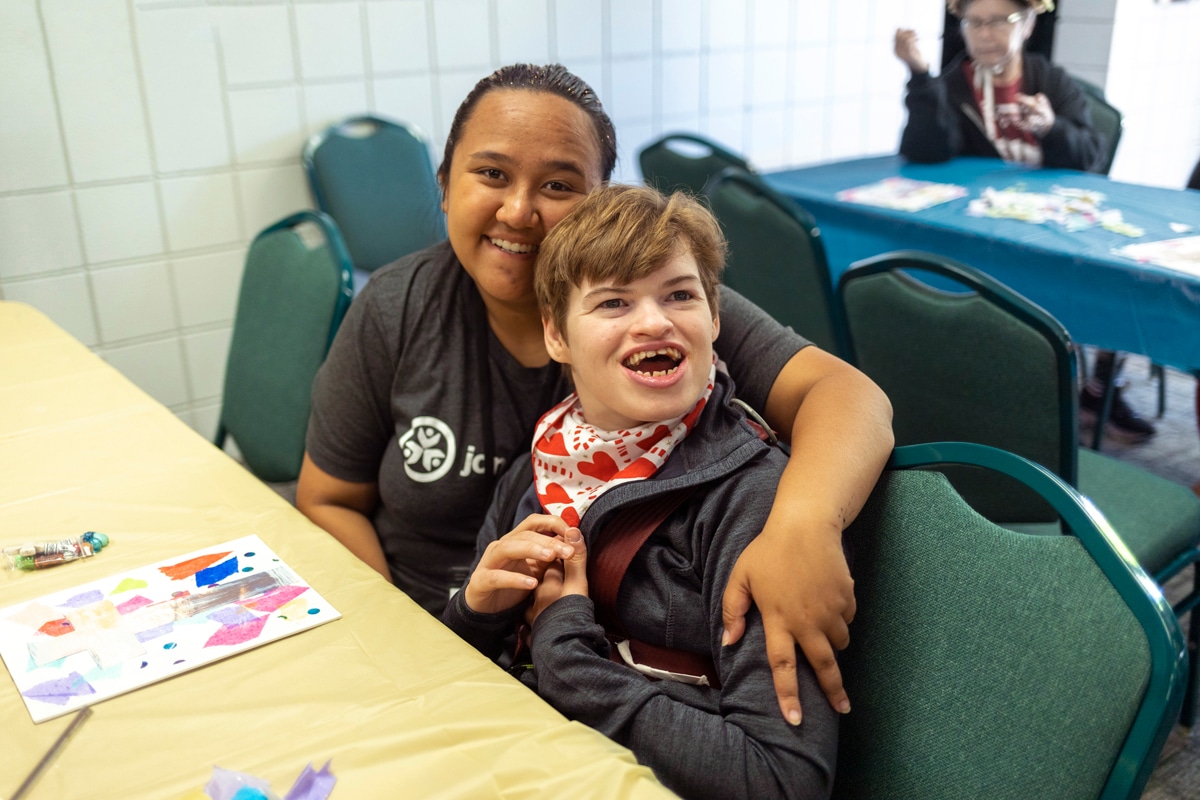
Imagine the comfort each of these people would feel if they attended a church where people with disabilities are already included, celebrated, and wanted.
Missed Milestones
Like everyone, people affected by disability experience peaks and valleys in their lives. And like many of us have experienced, grief is often cyclical. Just as an anniversary of a loved one’s passing may renew grief, the pain an individual or parent feels may be reawakened when they are reminded of how very different their life is from their “typical” peers. Missing out on things like learning to read, team sports, driver’s licenses, college, independent living, and marriage can all trigger new cycles of grief.
Relationship Dynamics: Siblings, Spouses, and Parents
Siblings may suppress their needs to avoid overburdening their parents. Or they may grow to resent their sibling’s neediness. While one is motivated by love and the other by resentment, both harm the family.
Marriages can take on new relationship dynamics, too. For example, if one parent is the primary caregiver for their child with a disability, the other spouse may feel neglected when so much of their husband or wife’s emotional and physical energy is spent caring for their child. A wife or husband serving as caregiver to their spouse may focus so much on meeting practical needs that they forget to pursue the relational aspects of marriage.
People with intellectual and developmental disabilities often find it difficult to form deep and meaningful friendships with their peers.
In an essay published in the Journal of the Christian Institute on Disability, Jennifer Baca and Jeff McNair write that many people with disabilities have caregivers or social workers as their primary relationships. These “individuals serving persons with developmental disabilities are ‘almost friends’ in that although they are potentially friendly, they are paid to be with those with whom they interact, and that for these and a variety of other reasons are not able to be real friends.” Church can be a place where genuine friendships form, where people with disabilities are seen with God’s eyes.
24/7 Care
Because chronic conditions and disability don’t go away and often require 24/7 caregiving, providing support requires churches that are built for running a marathon, not a sprint. The well intentioned “let me know if you ever need anything!” is unlikely to get many responses. Instead, offer to do specific tasks! These offers should be:
- Specific
Be as specific as possible. “Can I bring dinner to you this Thursday?” or “Can I help watch the kids sometime this week?” are good asks, because they narrow the answer to “yes” or “no.” Vague asks, as well-intentioned as they may be, often create a burden for the person being asked.
- Frequent
Don’t take one raincheck as a closed door. Keep offering! Don’t take a “no” as a slight to you. Sometimes there are things that keep someone from saying “yes” immediately.
- Free of Advice
Avoid “helping” by offering unsolicited advice. Approach as a learner and be willing to enter their world on their terms. Advice comes after trust and understanding are built, and those both take time!
- Gospel-Centered
“We love each other because (God) loved us first” (1 John 4:19, NLT). Let our motivation to serve come from a heart filled with the love of Christ. This both sustains our service and turns it into an act of worship.
End of Life Care and Legacy Planning
As parents age they begin asking questions like, “Who will care for my child when I’m in need of care myself?” And, “Will my child have the financial resources they need when we’re gone? Who will help them manage that?” Anticipating these worries can help church leaders provide meaningful support. Imagine how parents will feel knowing there’s a community who cares deeply about the well-being of their child.
The Myth of “The Good Life”
Most of us have, without even realizing it, an idea of what the “good life” looks like.
Going to school, finding a job, getting married, having kids, and retiring to leisure and travel sounds pretty good to most of us.
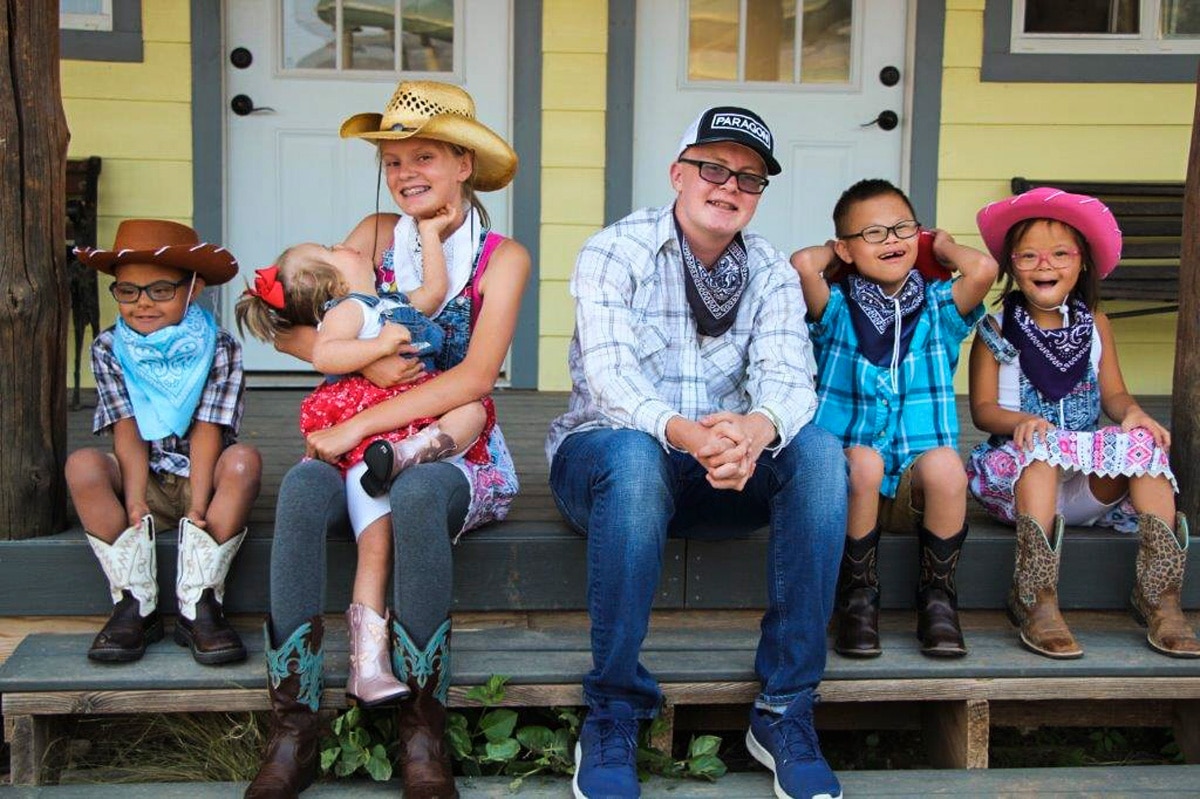
And while there’s nothing wrong with a life lived like this, for many this path just isn’t possible. Does that mean God has put the “good life” out of reach? Far from it.
Consider this statement from Joni Eareckson Tada, a quadriplegic since the age of 17:
“I would rather be in this wheelchair with Jesus than walking without Him.”
Being unable to use your hands and feet is unlikely to appear on anyone’s wish list. But for Joni, none of these things compare to knowing Christ. Her statement finds its roots in Philippians 3:8 (NLT).
Yes, everything else is worthless when compared with the infinite value of knowing Christ Jesus my Lord. For his sake I have discarded everything else, counting it all as garbage, so that I could gain Christ…
If people with disabilities can offer any challenge to their “healthy” peers perhaps it is this:
God’s plan for their life is no less joyful, no less meaningful, and no less blessed than anyone else’s.
When our churches reflect and affirm this biblical truth, we provide a powerful counter-cultural message that highlights not only the beauty of the gospel, but the value of people with disabilities. May your church be a place where every family can find Christ and hear his voice saying,
Come to me, all of you who are weary and carry heavy burdens, and I will give you rest.
Matthew 11:28 (NLT)

Do You Have Questions?
Contact us at [email protected] or call (818) 707-5664. We’re here for you. Your ministry’s success is our highest priority!

